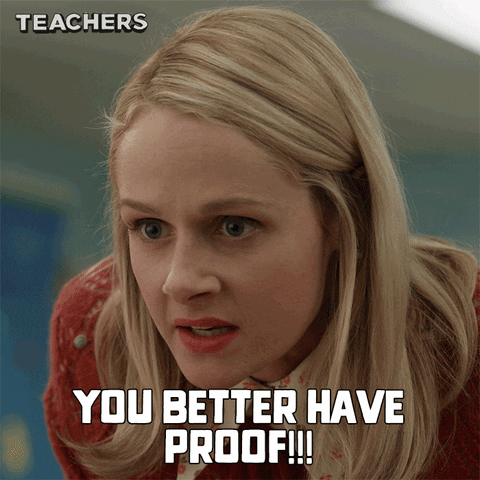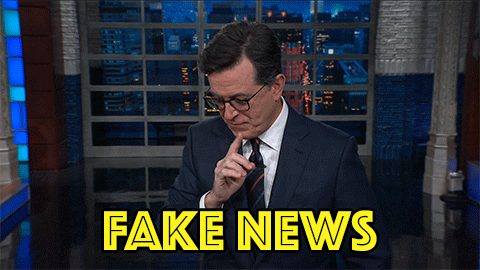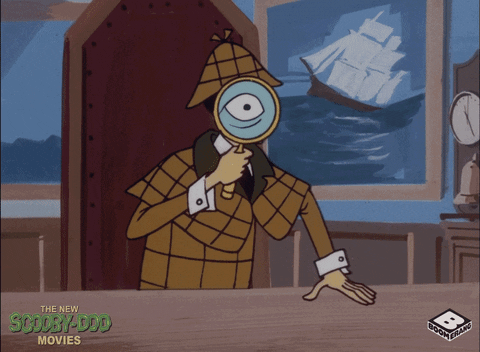
This logo isn't an ad or affiliate link. It's an organization that shares in our mission, and empowered the authors to share their insights in Byte form.
Rumie vets Bytes for compliance with our
Standards.
The organization is responsible for the completeness and reliability of the content.
Learn more
about how Rumie works with partners.
Researching for an essay can be a huge task!
You need to ensure your thesis is supported by the points you make in your paper. This means your sources must also support (or sometimes disprove) your position.
If you fail to use sources that are relevant to your position, your readers might be confused and unsure about what you're trying to tell them.

Did you know?
Does The Source Support My Position?
First, read the source and decide if it supports what you are trying to tell your reader.
If you are trying to prove a point to the reader or simply inform them of something, your source must help you do this.
Remember, a source is the evidence for what you are writing!

For example, if your essay tries to convince your reader that children should play sports:
A webpage on how to build a soccer ball might not be useful since it doesn't support your position.
But, a webpage on the benefits of activity for a child's health would be useful since it does support your position.
Quiz
In an essay on the importance of recycling, which source should you use?
The article on reusing car tires is directly related to the point of the essay, which is the importance of recycling. Therefore, it is useful!
Is The Source Credible?
If the evidence in your source is not trustworthy, you cannot use it!

Use the RADAR Approach
Relevance: The source should directly relate to your thesis.
Authority: Make sure the author, publisher, or organization is qualified to write on the topic.
Date: Ensure your source is up-to-date, but remember that older sources can be useful (ex. in a history essay).
Appearance: Use your judgment and decide if your source appears professional with its own citations and format.
Reason: Find out why the source was created. If it was designed to sell you a product or ideology, use caution as it may be biased.
The RADAR approach will help you decide if you should trust the information in your source, but it's is not a yes/no checklist! You must be a detective and use other sources or internet searches to verify a source before you use it.

If you need some extra help to apply the RADAR approach, check out a university library website.
Scholarly vs. Credible
Some essays will require you to use scholarly sources (ex. an academic paper or scientific study).
While all scholarly sources are credible, not all credible sources are scholarly!
There are many ways to find out if a source is scholarly, but the easiest way is to determine if it has been peer-reviewed.
If you need some extra help deciding if your source is scholarly, check out a university writing lab.
Did you know?
Take Action

Figuring out if a source is useful for your essay is one of the hardest, but most important parts of writing! Here are some things you can do:
This Byte has been authored by
Michel Di Giovanni
New M.A. Graduate